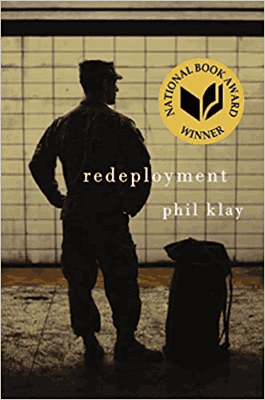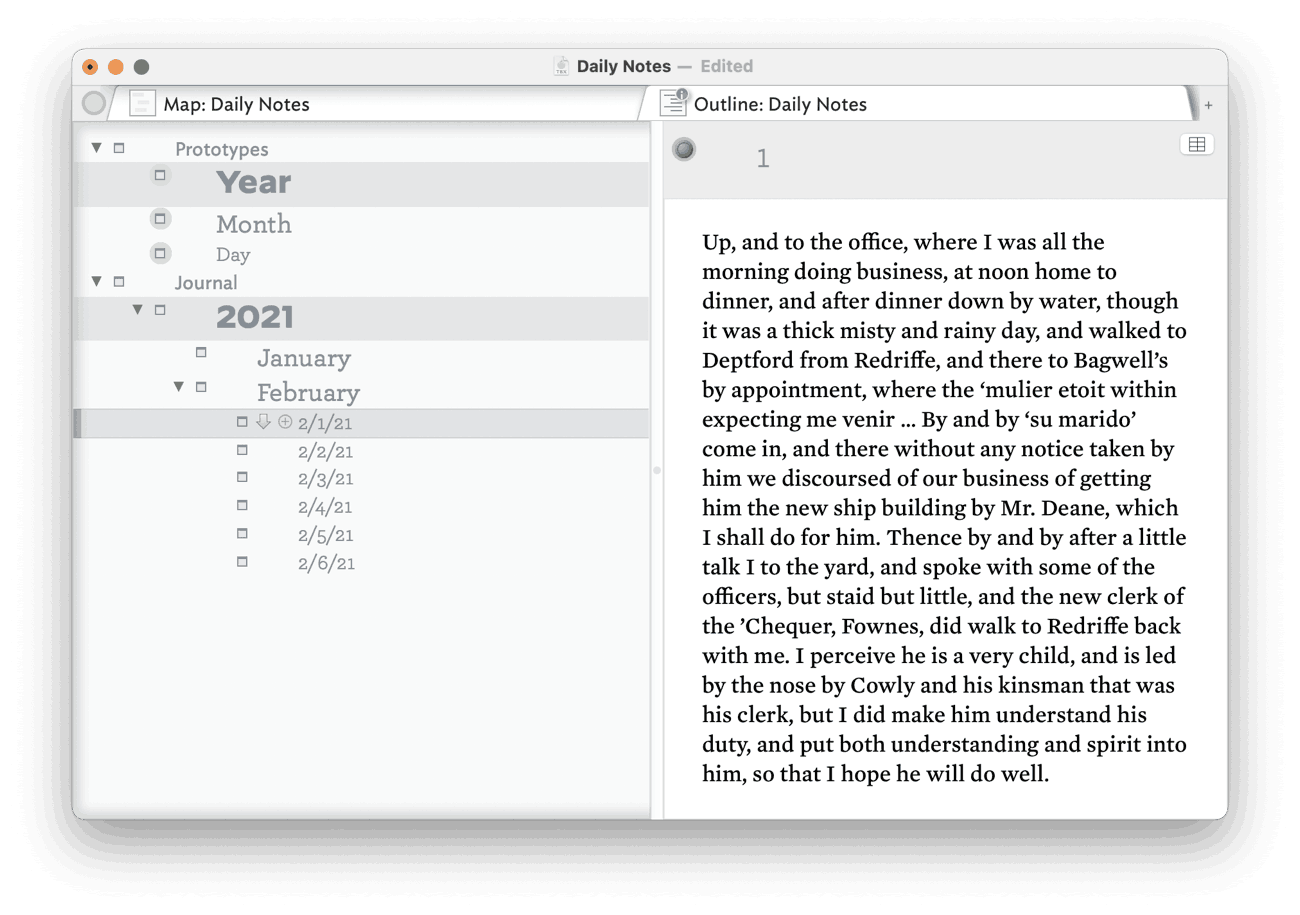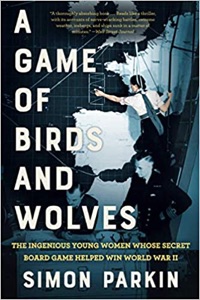Why might a debt-ceiling crisis cause havoc? Let’s look at a precedent: the world financial crisis of July 1914.
July was a frightening time: the guns of August could be seen on the horizon. Lots of people and lots of companies wanted money in hand — not contracts and promises from counterparts who would be hard to reach in the event of war.
In this era, almost all international financial transactions were conducted in pounds sterling, chiefly through bills of exchange. If you wanted to pay off a loan, you’d go to your bank and buy a bill of exchange. If someone paid you for a shipment of ore from your mine or wheat from your fields, they’d send you a sterling bill of exchange and your bank would exchange it for dollars or yen or whatever. It was international money: every bank was happy to buy and sell them.
Then, on July 24, so many people wanted to move money around that there simply weren’t enough bills of exchange in the entire world. So, perhaps your factory in (say) Chicago is supposed to settle an invoice or pay off a loan that day. You’ve got plenty of money — no problem! But there are no bills of exchange available: they’re all already in use in other transactions. In a few days, those transactions will settle and the bills will be available again, but that takes a few days. Your company has contracted to pay this loan today, not tomorrow, and to pay in letters of exchange, not cantaloupe. You could offer a premium to chase the last few letters of exchange, but someone else already tried that. There were no letters of exchange left anywhere near Chicago. And the clock was ticking: you contracted to pay today!
For some firms, a missed payment would create reputational damage. Failing to honor the terms of a contract might trigger penalty clauses. It might leave your assets subject to seizure. You might be liquidated. Financial firms would lose their right to do business. You have plenty of money, your business is doing splendidly, but you can’t pay your bills or honor your contracts.
This gets worse. You have plenty of money and your failure to pay is merely technical. But the people you intend to pay don’t have their money, and they may need that money to fulfill their own obligations. So they may be in trouble, and they may incur penalties. Some of those penalties might be severe.
Hardly anyone foresaw this. Even recognizing what was going wrong took quite a bit of doing. In the end, it got solved: essentially, everyone called a time-out and the Bank of England found ways to get lots more letters of credit into the system. It was a near-run thing.
US default might be like that.Yes, eventually, the Social Security checks will be issued and Boeing will get paid for the fighter jets it’s delivered. But in the meantime, all sorts of secondary havoc could happen and those consequences would be permanent.






